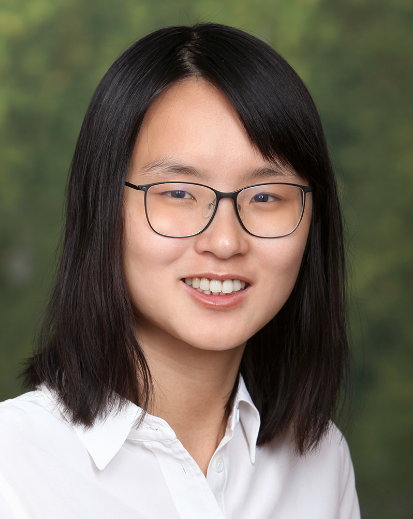Danqi Chen, one of the most noteworthy rising
stars in the field of NLP, has been devoting herself to building machines with
better capabilities to understand human languages for the past 7 years.
In the fall of 2012, Danqi entered Stanford University
as a graduate student and started working with Christopher Manning, the
director of the Stanford AI lab and a leading expert in the field of NLP. In
the following year, when deep learning approaches started to demonstrate
the promise of solving a series of language problems, Danqi was immediately intrigued.
With a solid foundation in computer science from Tsinghua University and the Stanford AI Lab, she rapidly grew into one of the pioneers in applying deep
learning to NLP, all the while pursuing her doctoral study.
When it comes to NLP research, there are
generally two categories of problems. The first is to analyze and understand
the structure of language and the second is to directly tackle applications, such as
machine translation, question answering, and dialogue systems. During her Ph.D.,
Danqi had done important research and contributed to both aspects, including
syntactic parsing, knowledge base construction, question answering, and
dialogue systems.
For instance, Danqi’s 2014 paper “A Fast and Accurate Dependency Parser Using
Neural Networks” is the very first successful neural network model for
dependency parsing, which created an accurate and fast parser to analyze the
grammatical structure of sentences. Moreover, it laid the foundation for
further research by Google’s NLP team on subsequent parsers.
In addition, Danqi’s 2017 paper “Reading Wikipedia to Answer Open-Domain
Questions” has opened up the direction of combining information retrieval
and neural reading comprehension approaches for open-domain question answering.
In 2018,
Danqi completed her 156-page doctoral thesis titled "Neural Reading Comprehension and Beyond." The
dissertation focuses on reading comprehension and question answering and quickly
became one of the Stanford's most popular doctoral dissertations of the past
decade right after it was officially released by the university. It was later translated
into Chinese by Chinese NLP researchers, and is considered a must-read for many
in the field.
Danqi has now embarked on a new journey. She is
building her own research group at Princeton University, hoping to solve more fundamental
problems in NLP, such as building intelligent agents to effectively access,
organize, and reason knowledge. This is also one of the key challenges in
Artificial Intelligence.
"I deeply care about building practical
systems and I hope that my research results are not just a demonstration of
nice ideas but can be useful and viable in real applications," she said.
At the age of 29, Danqi is working as an
assistant professor at Princeton University, and she is working to accelerate
the process of realizing her dream.




